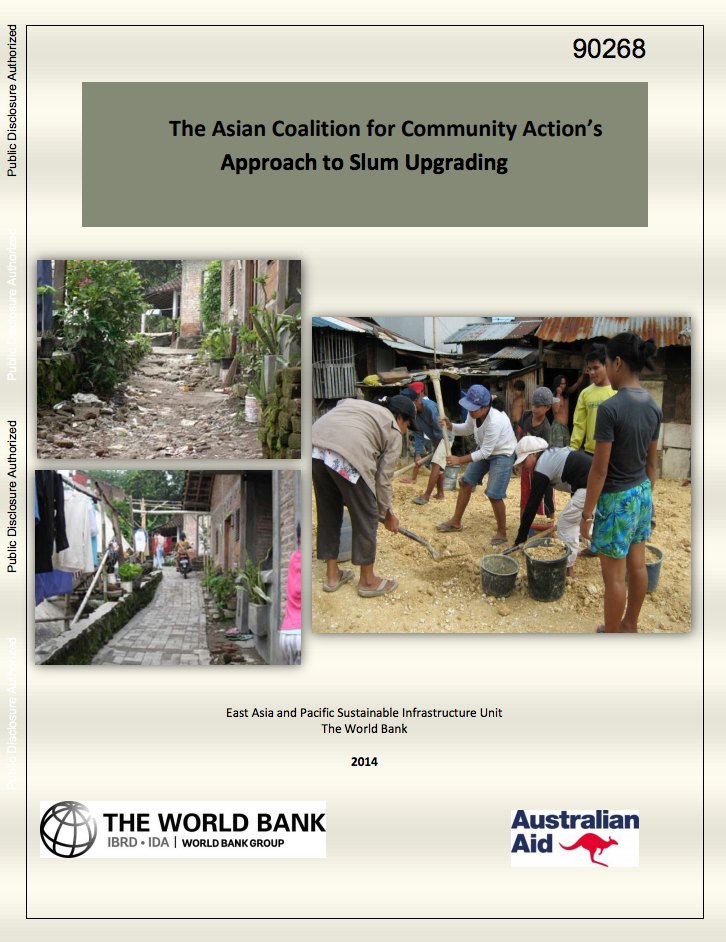Harnessing Urbanization to End Poverty and Boost Prosperity in Africa
Urbanization is the single most
important transformation that the African continent will
undergo this century. More than half of Africa's
population will live in its cities by 2040. In the face of
rapid urbanization, there is a narrow window of opportunity
to harness the potential of cities as engines of economic
growth, and use this as a powerful leverage to achieve
sustainable development and poverty reduction. Despite its


